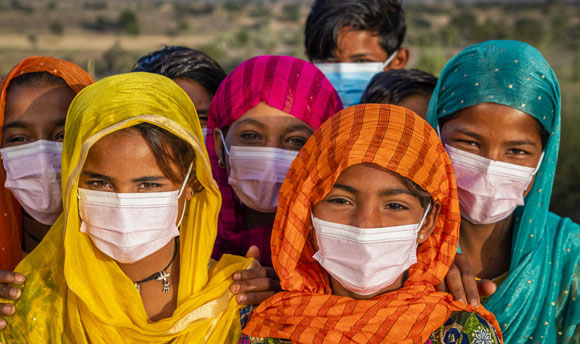Dr Esther Azasi is a Lecturer within the Institute for Global Health and Development at Queen Margaret University.
- Overview
- Research Overview
- Research Publications
Esther has over the years worked in the area of health systems strengthening, reproductive, maternal, newborn and child health (RMNCH) and qualitative research methods. Before joining Queen Margaret University, Esther worked closely with government and non-governmental organizations, including the Ghana Health Service (GHS) to pilot and scale up a national community health workers (CHWs) programme to support the delivery of primary health care in rural communities. She also worked closely with the U.S.-based Public Health Institute (PHI), Ghana Health Service and Columbia University to evaluate and scale up the use of misoprostol for post-partum haemorrhage in rural communities of Ghana. Ms Azasi has just defended her PhD in Global Health Research from the Institute for Global Health and Development (IGHD) at Queen Margaret University. Her doctoral research focused on health systems resilience in the fragile context of the Northern region of Ghana.
Over the years, my research has addressed critical global health issues, focusing on improving reproductive, maternal, newborn, and child health (RMNCH) in deprived communities. My interests lie in the design, implementation, and evaluation of health systems and policies to enhance healthcare delivery and outcomes. I am particularly interested in the intersection of gender and health, exploring how gender dynamics influence health outcomes within the RMNCH spectrum.
With over a decade of hands-on experience in community health, I am dedicated to developing and evaluating innovative community-based health interventions. My work emphasises primary healthcare and the pivotal role of community health workers in strengthening health systems.
Active research interests:
- Health systems strengthening
- Health systems fragility and resilience
- Reproductive, maternal, newborn and child health (RMNCH)
- Community health
Research Methods:
- Qualitative research
- Participatory research
- Group model building



